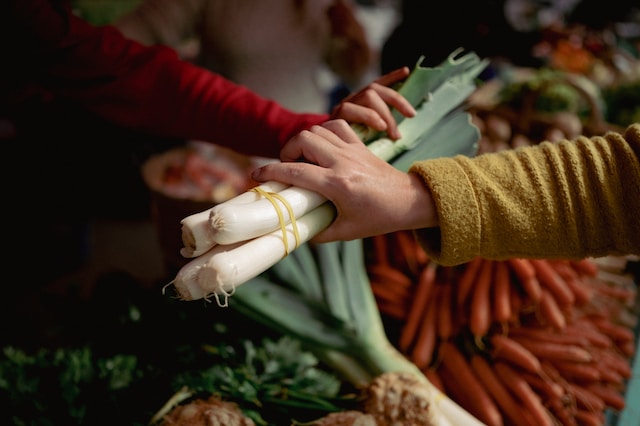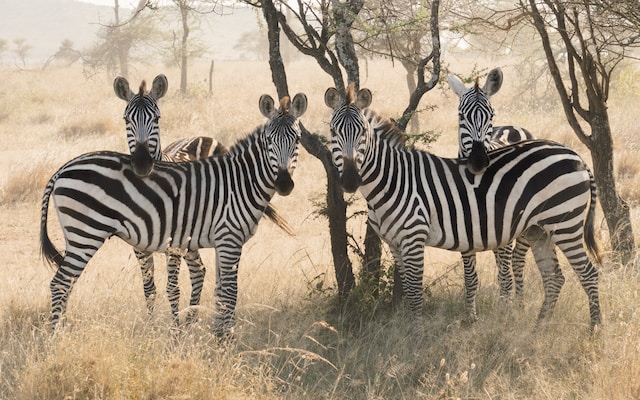Throughout human history, animals have played diverse and profound roles in shaping our societies, cultures, and even our own identities. In this exploration of the significance of animals, we uncover the integral connections between humans and the animal kingdom.
The Dawn of Domestication
The Agricultural Revolution
The domestication of animals marked a turning point in human history, enabling the transition from nomadic hunter-gatherer lifestyles to settled agricultural societies.

Companionship and Labor
Animals, such as dogs and oxen, served as loyal companions and valuable partners in labor, making agriculture and transportation more efficient.
Animals as Symbols and Deities
Religious and Mythological Significance
Animals have been revered as symbols of divine power and attributed with sacred qualities in various religious and mythological traditions.
Totem Animals
Many indigenous cultures have totem animals representing ancestral spirits and guiding their beliefs and practices.
Artistic Inspiration and Representation
Ancient Artifacts and Cave Paintings
Animals have been depicted in ancient cave paintings and artifacts. Hence, providing insights into prehistoric cultures and their reverence for wildlife.
Animal Motifs in Art and Architecture
Throughout art history, animals have been featured in sculptures, paintings, and decorative elements, reflecting cultural values and aesthetics.
Animals in Language and Literature
Proverbs and Metaphors
Furthermore, animal references appear in language and literature, conveying wisdom, metaphors, and moral lessons.
Fables and Folktales
Animals take on human-like qualities in fables and folktales. Hence, imparting moral teachings and cultural narratives.
Animals in Modern Culture
Companionship and Pets
Today, animals continue to provide companionship as pets, offering emotional support and enhancing our well-being.
Entertainment and Media
Animals star in movies, television shows, and social media. Therefore, captivating audiences and leaving enduring impressions.
Conservation and Ethical Considerations
Wildlife Conservation
Growing awareness of endangered species has spurred conservation efforts to protect animal populations and their habitats.

Animal Welfare and Ethics
Discussions on animal rights, ethical treatment, and the reduction of animal exploitation shape contemporary moral discourse.
Animals in Agriculture and Industry
Work Animals
Historically, animals like horses, oxen, and elephants played crucial roles in plowing fields, hauling goods, and powering industrial machinery.
Dairy and Livestock Farming
Cattle, goats, and poultry have provided humans with milk, meat, and other essential products for centuries.
Animals as Food and Culinary Traditions
Culinary Delights
Different cultures have developed unique culinary traditions around specific animals, from seafood feasts to traditional barbecues.
Food Production and Sustainability
The debate over sustainable and ethical food production practices has led to discussions about responsible animal farming.
Medicine and Scientific Research
Traditional Medicine
Animals have been used in traditional medicine, with various parts believed to have healing properties.

Scientific Advancements
Modern science relies on animals for medical research, helping to develop treatments and understand diseases.
Conclusion
In conclusion, animals have woven themselves into the fabric of human history and culture. From the agricultural revolution to modern-day companionship and conservation efforts. As symbols, sources of inspiration, and companions on our journeys, animals have left an indelible mark on our collective identity. Recognizing and appreciating this enduring connection can lead to a deeper appreciation for the intricate web of life on Earth and a commitment to preserving the diversity and vitality of the animal kingdom for generations to come.
